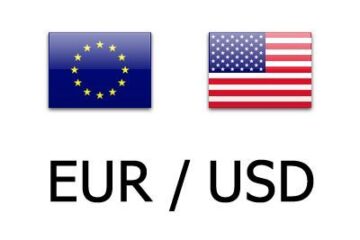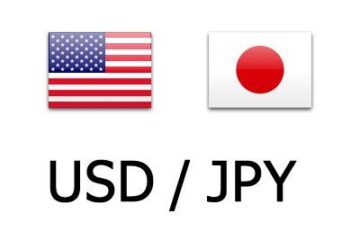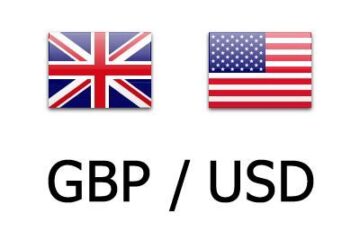Cryptocurrency prices are down as regulators turn up the economic pressure on Russia.
Cryptocurrency prices were falling Monday as the Russian invasion of Ukraine intensified and the embattled country seeks to raise funds through digital currencies.
Bitcoin was down 3.6% to $38,314 at last check, according to CoinGecko, while ethereum was off 6.85% and dogecoin slipped 3.2% to $0.1238.
‘Stand With the People of Ukraine’
Over the weekend, the U.S. and the European Commission said they were expelling certain Russian banks from SWIFT, a global network used by banks to smooth the transfer of money across borders.
Meanwhile, the Ukrainian government posted pleas for cryptoasset donations on Twitter, according to the blockchain analysis firm Elliptic, and to date, the addresses listed in the tweets have received $13 million across 17,451 transactions.
“Stand with the people of Ukraine,” one tweet read. “Now accepting cryptocurrency donations. Bitcoin, Ethereum and USDT.”
This includes a single donation worth $1.86 million, which appears to have originated from the sales of NFTs originally intended to raise funds for Julian Assange, the firm said, while another transaction provided a bitcoin donation worth $1 million.
Micah Carnahan, cryptocurrency specialist with Finder, said bitcoin is down about 3% since the start of the war and Ethereum, which has also fallen alongside the market, is down over 4% for the week with more fluctuations expected “from an increasingly nervous investor class.”
“The cryptocurrency market as a whole has seen a whiplash of activity this week – directly related to the conflict raging between Russia and Ukraine,” he said. “The potential benefits and detriments of digital assets like bitcoin are now being called into question as Russia’s armed forces push further into Ukraine’s capital city.”
‘Cryptocurrencies Can and Will Be Traced’
On one side, Carnahan said, the cryptocurrency community has been asked to mobilize in support of Ukraine’s people.
On the other, he added “fears have spread that Russia may use cryptocurrency as a way to skirt sanctions imposed by the West.”
“The latter possibility has led the European Central Bank to call for immediate crypto regulations,” Carnahan said. “Despite a week of geo-political crises causing increased volatility, Bitcoin et al. remain tightly correlated with the S&P 500.”
However, he added that not everything is doom and gloom in the market, however. Terra (LUNA), for example, has seen solid gains despite the recent military actions in Ukraine.
LUNA, which was down 1.63% Monday, is experiencing a near 40% upside for the week, having announced a $1 billion Bitcoin backing for its stablecoin, TerraUSD, Carnahan said.
“While some in the media have speculated that cryptocurrencies will be used to bypass such sanctions, they are ignoring the lessons learned from Colonial Pipeline case,” David Lesperance, managing partner of immigration and tax adviser at Lesperance & Associates. “Namely that cryptocurrencies can and will be traced even easier than cash.”
The Colonial Pipeline attack occurred in May of 2021, when the pipeline system that originates in Houston was hit with by a ransomware attack.
The company paid 75 bitcoin, which was worth about $4.4 million at the time, and the following month the U.S. Justice Department announced that it had recovered 63.7 of the bitcoins, or about $2.3 million of the ransom.
‘Putin has Unified Politicians Everywhere’
“Those in the exchange, DeFi and NFT space will see the fear of sanction busting pushing greater anti-money laundering and know-your-client regulation at an even faster pace than before,” Lesperance said. “In short Putin has unified politicians everywhere to regulate quickly and harshly.”
Winston Ma, managing partner of CloudTree Ventures, Author of The Digital War – How China’s Tech Power Shapes the Future of AI, Blockchain and Cyberspace,” said that Fed monetary policy and geopolitics have continued to be primary drivers of crypto prices and market movements in recent weeks.
“A half-point interest rate increase is probably off the table next month due to the Russia-Ukraine war started days ago, but the inflationary pressure should keep the central bank on its longer-term path of monetary policy tightening,” he said.
Meanwhile, Ma said, rising regulations remain the third major factor for the crypto price movement, “although it is overshadowed by the Fed policy and Europe war right now.”
“Last Friday, China’s Supreme Court issued an official interpretation of the Criminal Law to cover illegal market fundraising involving cryptocurrencies,” he said. “In the US and elsewhere in the world, potential new regulations of the crypto market may still emerge later in 2022–for example, from the US SEC.”


